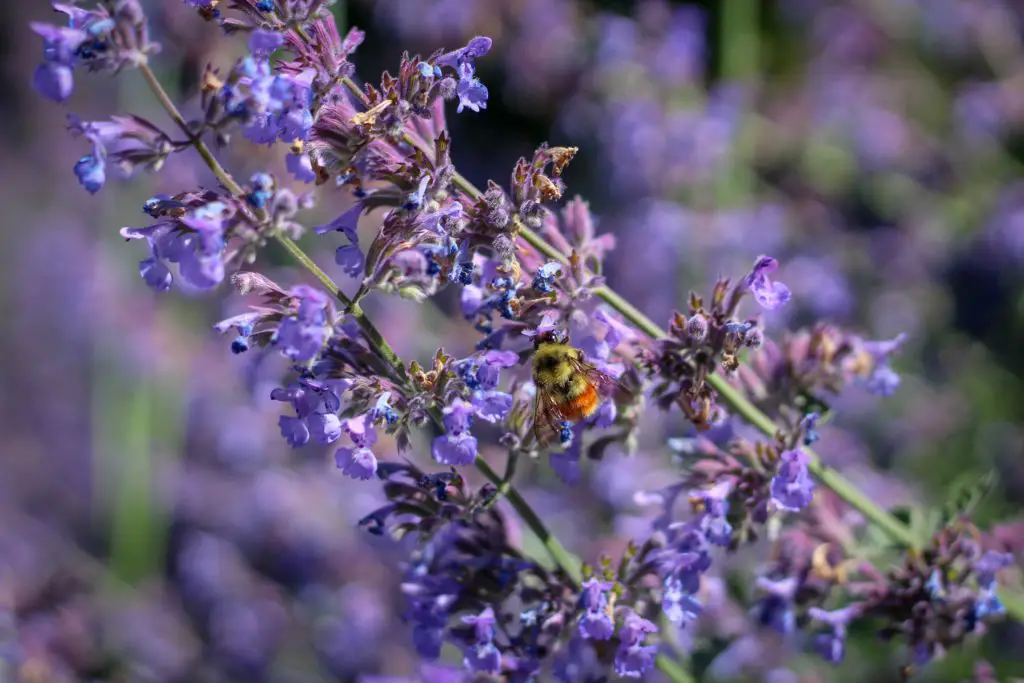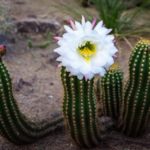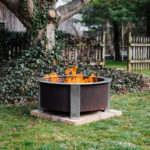A lush yard or garden is not only beautiful to look at but also improves your home’s curb appeal. However, as many homeowners would agree, maintaining a garden in tip-top condition often requires consistent watering, which uses up a lot of water.
Fortunately, there are several proven ways that can help you save water in your yard or garden, and they don’t have to be tedious and time-consuming. Whether you are looking to save water for environmental or financial reasons, here are several tips that you can rely on.
Choose Drought Tolerant Plants

One of the most effective ways of conserving water in your garden is choosing drought-tolerant plants. Go for plants with hardy, hairy, or small leaves that can survive in dry climates. Alternatively, you can select succulents since they are adept at storing water due to their fat, juicy leaves. However, keep in mind that any new plant you put in your garden needs regular watering in the first year or two, even if it’s drought resistant. Some of the drought-resistant plants include: Verbena, Aloe, Oleander, Yucca, Russian Sage, and Lavender.
Planning will save you many headaches if you live in an area where water conversation is necessary or a drought-prone area.
Create a Watering Schedule
Having a watering schedule for your garden or lawn is a great way of conserving water. The best time to water your plants is early morning because there is minimal water loss or evaporation due to less heat. This also provides plants with the water needed to withstand the heat during the day ahead. Moreover, watering early in the day allows plants’ leaves to dry, which minimizes the risk of fungal diseases that usually thrive in humid or wet conditions. Alternatively, you can water the plants in the afternoon but with some caution as it can promote mold growth on some plants or in some climates.
If you aren’t an early riser, purchase an irrigation system together with a water timer. The irrigation system can be a simple garden hose and sprinkler, an ideal option in many gardens or lawns. The timer ensures that you use the right amount of water.
Use Stones
Stones also help save water in your garden or yard. Naturally, stones remain cooler than the surrounding environment, which helps cool your garden. There are several hardscaping ideas that you can implement while using stones to retain water in your yard.
You can build a ditch or stone path along your yard or garden bed to catch runoff when you water the plants or whenever it rains. This way, water gets stored underground instead of getting lost to evaporation. Also, stone statues and boulders are excellent for landscaping, and they help to hold and retain moisture. Stones or rocks are also a great way of mulching your plants and will last for several years.
Use Mulch
Adding a few inches of mulch in your garden beds helps keep moisture in the soil since it prevents evaporation. There are various forms of mulch to choose from, such as fallen leaves, wood chips, pea straw, sugar cane, and more.
Besides saving you water, mulch helps keep soil temperatures cooler during hot weather, prevents fungal diseases from spreading to other plants, and reduces weeds. With time, these organic mulches also break down, which helps improve soil composition. However, remember to keep your mulch a few inches from the plant stems to minimize problems such as root rot.
Benefits of Saving Water
Environmental benefits: Saving water in the garden ensures there is more to flow in our wetlands and rivers to support our shared ecosystem. Additionally, saving water reduces the energy required to deliver it to our homes, which in turn conserves fuel resources.
Cost benefits: Saving water ensures there is an adequate supply of the resource, avoiding drastic price changes brought about by scarcity.
In a nutshell, it is possible to save water and still have a beautiful garden that you and your loved ones look forward to spending time. The above tips are certainly not exhaustive, but they are an excellent place to start when looking to save water in your yard or garden.





